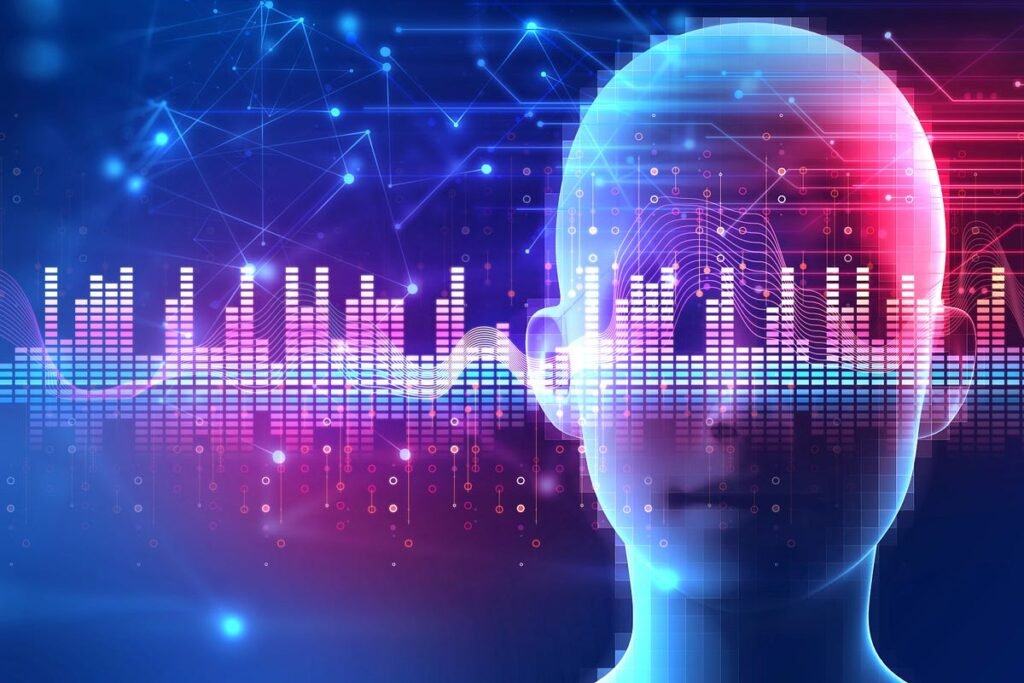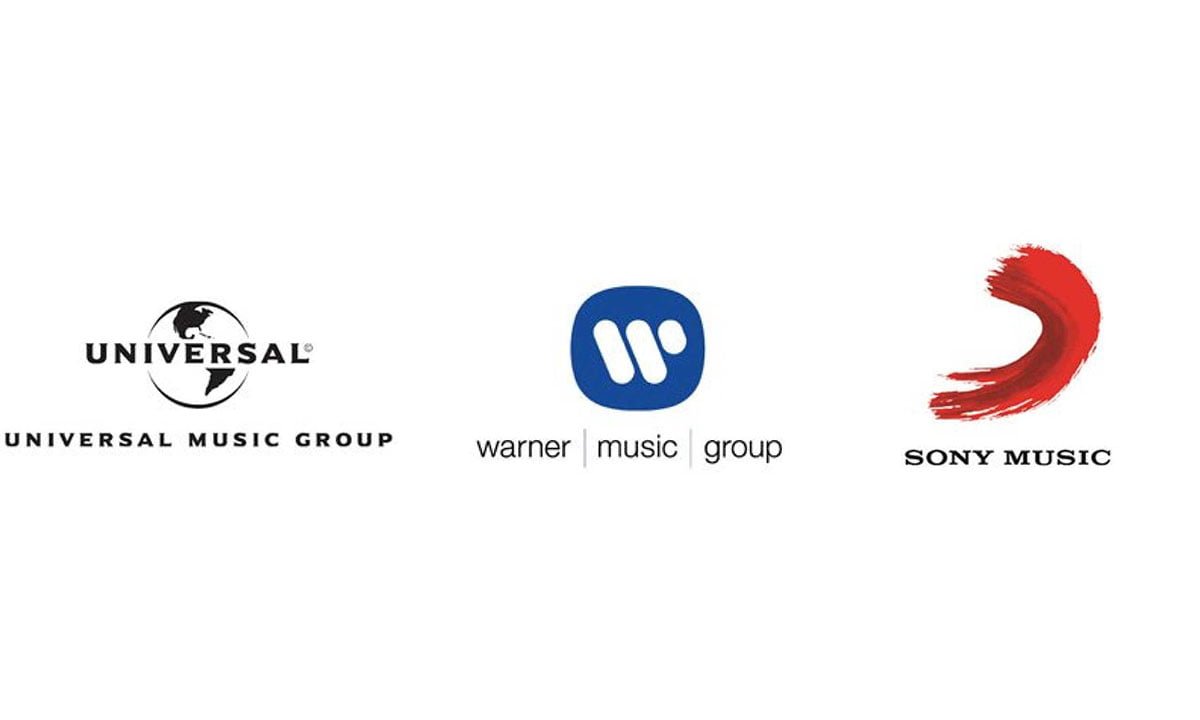AI firms Suno and Udio face legal action over alleged massive copyright infringement.
By TechnoloIA, platforms and communities reporter with five years of experience covering the companies that shape technology and the people who use their tools.
A coalition of prominent record labels, including Universal Music Group (UMG), Sony Music Entertainment, and Warner Records, has filed lawsuits against two leading generative AI music companies. The lawsuits accuse Suno and Udio of extensive copyright violations, claiming the firms used text prompts to generate original songs that infringe on the labels’ intellectual property.
The legal actions are spearheaded by the Recording Industry Association of America (RIAA) and a group of record labels. They seek damages of up to $150,000 per work, citing “en masse” copyright infringement. Suno, known for its partnership with Microsoft Copilot, and Udio, the creator of the viral AI-generated track “BBL Drizzy,” are at the center of these allegations.

Context and Implications
The lawsuits were filed in federal courts in Boston and New York. The labels argue that Suno and Udio unlawfully utilized a vast array of artists’ works without permission. This unauthorized use spans multiple genres and eras, highlighting the broad scope of the alleged infringements.
RIAA’s chief legal officer, Ken Doroshow, emphasized the straightforward nature of the cases, describing them as clear instances of copyright infringement involving the unlicensed copying of sound recordings on a massive scale. According to Doroshow, both Suno and Udio have attempted to obscure the extent of their infringements rather than operating within legal boundaries.
When confronted, Suno and Udio claimed their training data constituted “confidential business information.” The RIAA’s complaint suggests that if Suno had avoided copying plaintiffs’ sound recordings, its service would not be able to produce the high-quality imitations it currently touts.
Responses from the AI Companies
Mikey Shulman, CEO of Suno, defended the company’s technology, asserting that it is designed to generate entirely new outputs rather than replicate pre-existing content. Shulman expressed disappointment over the record labels’ decision to litigate rather than engage in constructive dialogue. He emphasized Suno’s commitment to originality and innovation.
Despite these assertions, the RIAA included multiple examples of AI-generated songs that closely mimic copyrighted works. These examples illustrate the potential legal and ethical challenges faced by AI music generation technologies.
Wider Industry Impact
The lawsuits mark a significant escalation in the ongoing conflict between the music industry and AI technology companies. Previous legal actions have targeted AI tools capable of generating music that resembles the work of established artists. This has raised concerns about the potential loss of control over artists’ likenesses and the economic impact on the music industry.
Platforms like TikTok and YouTube have also been implicated in the proliferation of AI-generated music. Earlier this year, negotiations between UMG and TikTok over licensing issues led to the temporary removal of music by UMG artists from the platform. Similarly, YouTube has implemented measures to remove AI-generated music at the request of rights holders.

Future of AI and Music
AI-generated music is not yet a complete replacement for human-created songs, but its rapid development has sparked significant debate. The Artist Rights Alliance recently called for AI companies to stop using AI to infringe upon and devalue the rights of human artists. This sentiment reflects a broader apprehension about the impact of AI on creative industries.
Executives and investors in AI companies like Suno acknowledge the legal risks associated with their innovations. Some believe that the potential benefits of AI-generated music justify these risks. However, the ongoing legal battles underscore the need for clear guidelines and ethical considerations as AI technology continues to evolve.
Conclusion
The lawsuits against Suno and Udio represent a critical juncture in the relationship between AI technology and the music industry. As AI-generated content becomes more prevalent, the balance between innovation and intellectual property rights will be increasingly scrutinized. The outcome of these cases could set important precedents for the future of AI in creative fields.
News of Instagram
